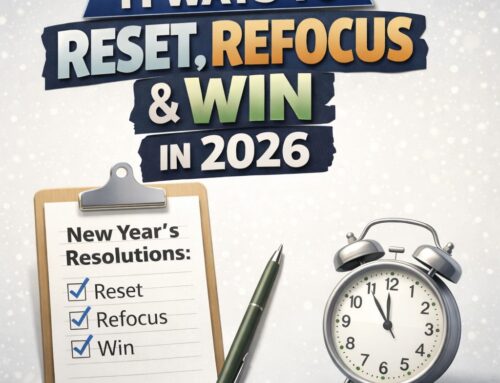I find myself answering more and more questions about financial topics with “It depends”. Because as much as we all want a simple formula, finances don’t fit into a neat little box.
In recent years, we’ve seen the rise of “robo-advisors” like Betterment and Wealthfront and others. These have now been copied by most large brokerages like Fidelity, Vanguard, and Schwab. Initially, the financial planning industry and financial planners thought these new tools would spell the end for financial planners.
But it didn’t happen.
That’s because while the algorithms are great for automating the investment process, humans and their financial lives don’t fit into an algorithm.
Your life and financial life are always changing. If you’re into systems theory, life and finances are a complex adaptive system. The way through a complex adaptive system is to use John Boyd’s classic OODA loop. Observe, Orient, Decide, Act.
Real financial planning is just another instance of the classic OODA loop. Human planning is still required for those situations. Someone who can look at your taxes, insurance needs, and retirement goals to build you a holistic financial picture. Someone who can help you implement your financial plan and execute the OODA loop on whatever frequency it’s spinning.
Are there roles for these automated investment tools? Yes, but like other tools, you need to know when to use them. If all you need is a tool for managing your investments, these tools are great and relatively inexpensive. Many advisors actually use them for their clients.
But don’t confuse a robo-advisor with an actual advisor that understands your goals and dreams and the Why of your money.
Humans don’t fit into an algorithm, so don’t try.
If you liked this post, I think you’ll enjoy this one on Process Over Outcomes (Link). You can also check out our newsletter (Link) to get topics like this delivered to your inbox every-other-Wednesday.



